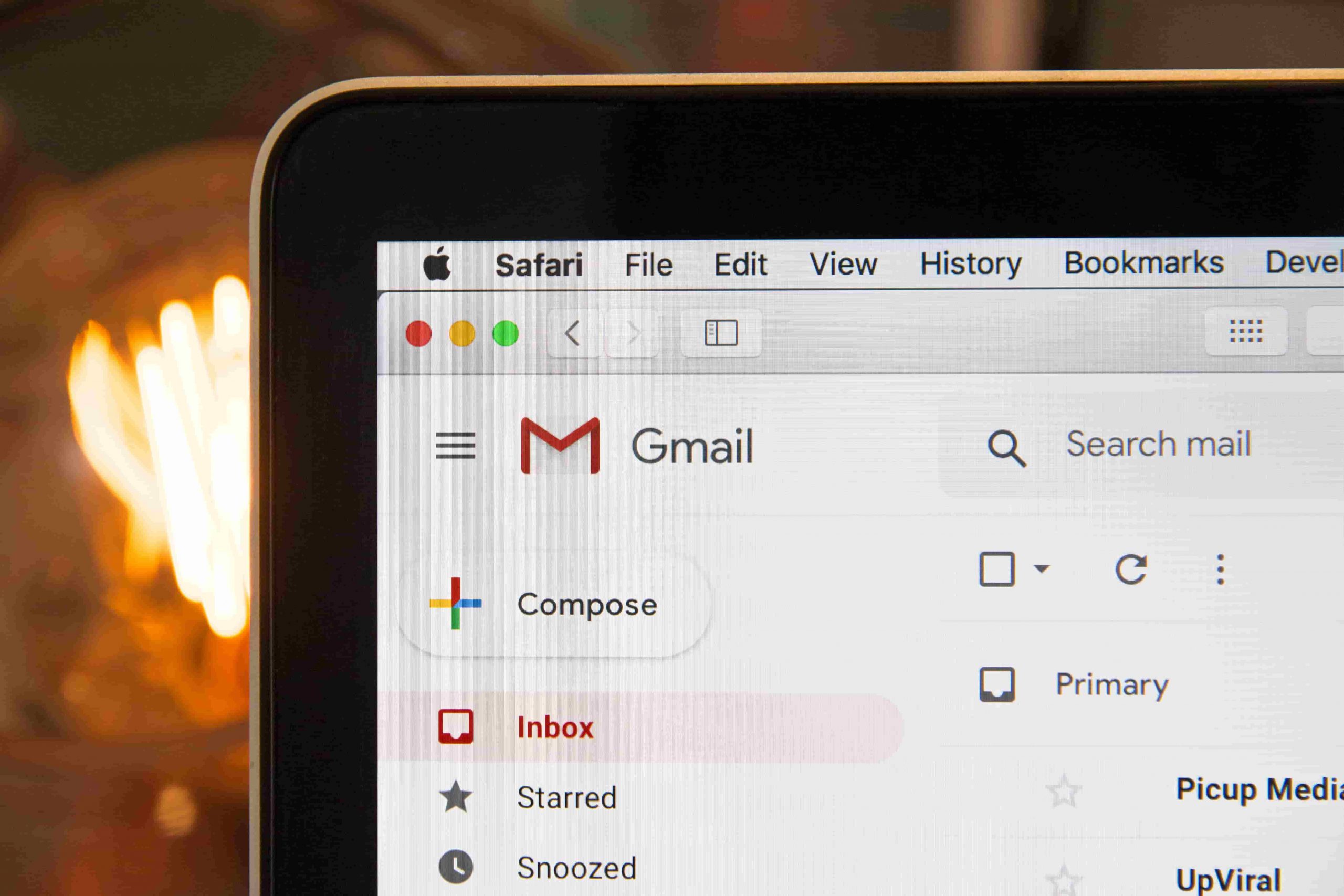
Sending emails out to your leads and customers may sound like a thing of the past, but with 4.5 billion email accounts and 1 billion Gmail users worldwide, disregarding email marketing could be a costly missed opportunity.
Our friends at HubSpot offer some pretty compelling email marketing statistics:
- 95% of online consumers use email, and 91% report that they check their email at least once a day.
- 77% of consumers prefer email for marketing communications.
- 86% of consumers would like to receive promotional emails from companies they do business with at least monthly, and 15% would like to get them daily.
With these statistics in mind, it’s hard to ignore the power of email marketing for a small business. From sending helpful resources to announcing specials and promotional alerts, a good email strategy will help nurture your lead into a customer, or delight an existing customer.
Here are some best practices to help strengthen your email marketing strategy:
Personalise
Emails have the tendency to sound boring and auto-generated, especially when email automation systems save marketers time and energy. However, it’s important to personalise the emails you send to every specific customer, custom-tailored with the information you may have about them. This isn’t just a way of marketing your products and services but is a proven way to strengthen customer relationships.
Personalised emails have a 26% increased chance of being opened, so simple things such as adding their name in the subject line and adding your personal details as the sender can help them feel like they’re interacting with a fellow human being.
Set Clear Goals
A successful email has a clear goal and objective, which means your call-to-action must be front and centre. Your readers need to know what it is you want them to do, whether that’s filling out a form, redeeming a promo code or sharing information on social media platforms. Peppering hyperlinks throughout the content that link to useful pages can be just as useful as big, visual CTAs.
Having clear goals helps you keep track of an email’s efficiency for your specific customer base, so make sure to test and track your CTAs’ performance.
Write for Mobile
68% of emails are now opened on mobile devices, so it is essential that your emails are optimised to look stunning on all screens. If it loads too slow on a mobile phone or looks disorganised, users will most likely not bother reading your email.
On top of having mobile-optimised email design, make sure your copy is scannable. Readers on-the-go want to scan through emails quickly – keep your copy concise and to-the-point so they can head straight to your CTAs without having to weed through unnecessary fluff.
Test and Analyse
Test variations of an email’s sending time, subject line, sender name, or content/copy to find out what is best received by your subscribers. Track and analyse useful measures such as delivery rate, open rates, CTA click rates and even contact churn (unsubscribe) rates to learn more about your audience.
Constantly testing and analysing your emails will let you develop a results-driven email strategy suited to your small business.
Email marketing is the most cost-effective and versatile way to reach your target audience. Email provides ample opportunities for nurturing and delighting your customers, so make sure your email marketing is optimised with these best practices!
To learn more about generating more leads, download our free Lead Generation Tips ebook below. And be sure to complement your email marketing strategy with a Small Business SEO strategy.

















